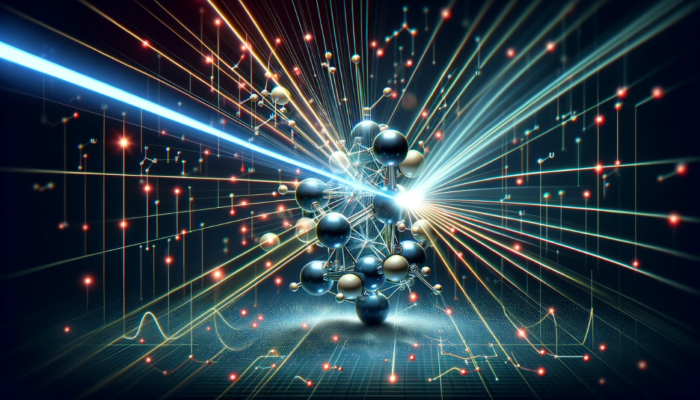This article compares light scattering techniques—static light scattering (SLS) and dynamic light scattering (DLS)—and their similarities and differences in biopharmaceutical operations.

Image Credit: Yokogawa Fluence Analytics
SLS and DLS are robust investigative methods broadly utilized in the biopharmaceutical sector to characterize solution properties of colloidal drug delivery systems, macromolecules, nanoparticles, and viral vectors.
Static light scattering
SLS includes multi-angle light scattering and right-angle light scattering, techniques that calculate the precise values of the molecular weight, weight-average molecular weight, and the radius of gyration of target macromolecules.
Biopharmaceutical applications
SLS has many uses throughout the biopharmaceutical industry, including:
- Aggregation and degradation propensity disposition
- Bioconjugate stability evaluation
- Biopolymer characterization, e.g. bioconjugates, macromolecular complexes, peptides, proteins, RNA
Dynamic light scattering
DLS calculates temporal fluctuations in scattered light intensity to verify hydrodynamic radius size, polydispersity, and macromolecule stability in solution.
Biopharmaceutical applications
DLS has numerous use cases in the biopharmaceutical industry, including:
- Biologic formulation development
- Colloidal stability analysis
- Nanoparticle characterization
- Quality control
Static vs. dynamic light scattering
SLS and DLS rely on the behavior of scattered light but offer corresponding data regarding investigative samples.
SLS verifies colloidal stability and offers precise values of molar mass, weight-average molecular weight, and radius of gyration of all biologic classes.
DLS is ideal for categorizing colloidal dispersions, macromolecules, and nanoparticles and calculates the polydispersity and hydrodynamic radius of macromolecules and macromolecular complexes in solution. It does not precisely verify absolute molecular weight or molecular weight distributions, only size.
SLS and DLS are corresponding methods
Combining SLS and DLS data offers a broader stability environment for target molecules and complexes. The two techniques are often employed together to better understand the biophysical and solution properties of all biologics.
The ARGEN platform utilizes SLS in a patented formation to enable faster biopharmaceutical development. ARGEN complements R&D instrument portfolios and swiftly evaluates biopolymer stability landscapes during early-phase formulation development.
Utilizing ARGEN to accelerate biopolymer formulation R&D
ARGEN is a patented SLS tool used in biopolymer research to overcome critical challenges. The platform is the equivalent of having multiple static light scattering devices in one benchtop instrument.
ARGEN provides accelerated in-situ, real-time stability monitoring, manufacturing stress modeling, shelf-life determination, and rapid parallel analysis, enabling more efficient formulation development.
Its features include:
- Real-time stability monitoring
- Kinetics of Oligomeric State Transitions
- Bioprocessing stress modeling
- Parallel analysis
- Low-temperature analysis
- Versatility
- Time reduction
- Quality control and process development
These capabilities can create more stable and reliable biopolymer formulations, accelerating biopharma R&D efforts and reducing the time and resources spent on unsuccessful candidates.
About Yokogawa Fluence Analytics
Yokogawa Fluence Analytics, which was named as a Top 50 global advanced manufacturing startup by CB Insights, provides patented process analytics and control solutions to polymer and biopharmaceutical customers worldwide. Yokogawa Electric Corporation acquired Fluence Analytics in January 2023.
Yokogawa Fluence Analytics is a global leader in real-time polymer reaction monitoring and control, and its industry-leading ACOMP product is the only commercially available smart manufacturing system that continuously monitors and measures polymerization reactions.
The company’s biopharmaceutical product line includes a high-throughput static light scattering instrument called ARGEN. ARGEN can independently measure the stability of biopolymers under thermal, chemical, and mechanical (physical) stress, while also performing shelf-life stability studies at low temperatures.
Sponsored Content Policy: News-Medical.net publishes articles and related content that may be derived from sources where we have existing commercial relationships, provided such content adds value to the core editorial ethos of News-Medical.Net which is to educate and inform site visitors interested in medical research, science, medical devices and treatments.